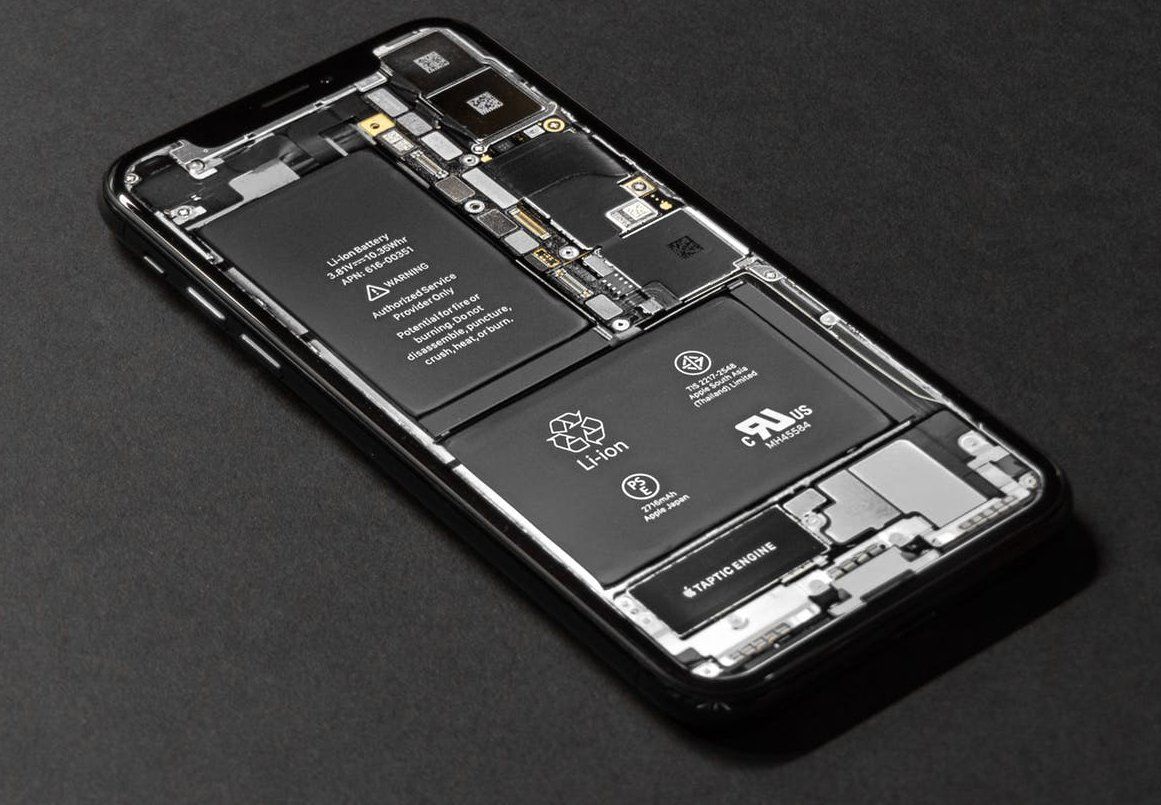
The FAA has issued a new rule prohibiting the transport of lithium ion cells or batteries as cargo on passenger aircraft. This revision of the Hazardous Materials Regulations also requires lithium ion cells and batteries to be shipped at not more than a 30 percent charge on cargo-only aircraft and limits the use of alternative provisions for small lithium cell or battery shipments to one package per consignment. The rule (PDF) was issued in coordination with the U.S. Department of Transportation’s Pipeline and Hazardous Materials Safety Administration (PHMSA).
The PHMSA identified 13 incidents “involving lithium batteries and smoke, fire, extreme heat or explosion” in aircraft cargo between 2010 and 2016, along with three accidents where “lithium ion batteries transported as cargo were suspected as either the cause or a factor that increased the severity of the fire.” The agencies noted in the rule that although the likelihood of a thermal runaway event occurring on an aircraft is low, they believed the consequences—especially given the inability of the aircraft fire suppression systems to address lithium cell or battery fires— presented an unacceptable safety risk.
The rule does not prohibit passengers or crew members from bringing devices with lithium cells or batteries onboard and cargo-only aircraft can still transport them at a greater than 30 percent charge if they are “packed with or contained in equipment or devices.” It was issued as an interim final rule, meaning it will be effective immediately upon publication in the Federal Register and can be enacted without requiring advance notice and opportunity for public comment. After publication in the Register, the rule will be open for comments for 60 days and may be amended based on comments received.


































